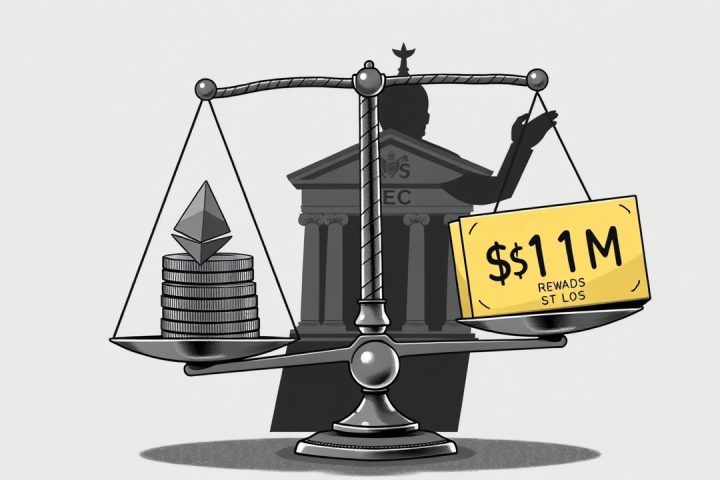Air Pollution Linked to Bitcoin Mining
A comprehensive investigation has unveiled a concerning link between Bitcoin mining and air pollution, highlighting how emissions from mining sites can adversely impact regions far removed from their location. Published in the journal Nature Communications, researchers found that from August 2022 to July 2023, approximately 1.9 million individuals in the United States were subjected to hazardous levels of fine particulate matter released during Bitcoin mining activities.
Impact on Air Quality
Areas such as New York City, the metropolitan region of Houston and Austin, parts of Northeast Texas, and stretches along the Illinois-Kentucky border are among those experiencing negative air quality effects attributable to mining operations.
Dr. Francesca Dominici, at the helm of this Harvard T.H. Chan School of Public Health study, identified a concerning trend where the energy demands of Bitcoin mining spur increased electricity generation from fossil fuel-burning power plants. The analysis focused on major Bitcoin mining operations, revealing that activity in one state can lead to heightened emissions from coal or gas-fired plants in other states, compounding air quality issues across state lines.
Interstate Pollution Dilemma
This interlinked pollution problem creates a complex situation for communities affected by the resulting deterioration in air quality. For instance, electricity consumption by a Bitcoin mining facility in North Carolina has been linked to elevated emissions from a coal plant in Kentucky, which in turn has repercussions for air quality in Illinois. The challenge is aggravated by the fact that the areas bearing the brunt of the pollution are often not in the same state as the responsible mining site, leading to regulatory oversight challenges.
Dr. Scott Delaney, a co-author of the study, emphasized the pressing need for federal policies to address this interstate pollution dilemma.
In correspondence with Decrypt, he recommended that the U.S. Environmental Protection Agency could enact a “Good Neighbor” policy related to PM2.5 emissions, ensuring that states with upwind facilities take more stringent measures to curb power plant emissions. Additionally, establishing incentive programs for strategically locating mining facilities and data centers could mitigate their adverse health impacts, according to Delaney.
Broader Implications
The implications of this study go beyond Bitcoin mining alone. Recent reports indicate that publicly-traded Bitcoin mining companies are experiencing decreased income, leading some to explore alternative ventures such as artificial intelligence. Delaney noted the overlap between the infrastructure for Bitcoin mining and AI, as both require extensive data centers, with equipment being easily transferable between the two.
This research emerges amidst increased advocacy for the cryptocurrency sector, particularly under the leadership of former U.S. President Donald Trump, who has shown support for Bitcoin miners and recently signed measures aimed at enhancing coal production. The study’s researchers cautioned that if the expansion of Bitcoin mining and AI infrastructure continues unchecked, particularly with coal-fired plants remaining operational longer than intended, the environmental fallout could become more severe.
The pollution from these sources could grow increasingly dangerous, necessitating urgent action to protect public health and ecological integrity.

















